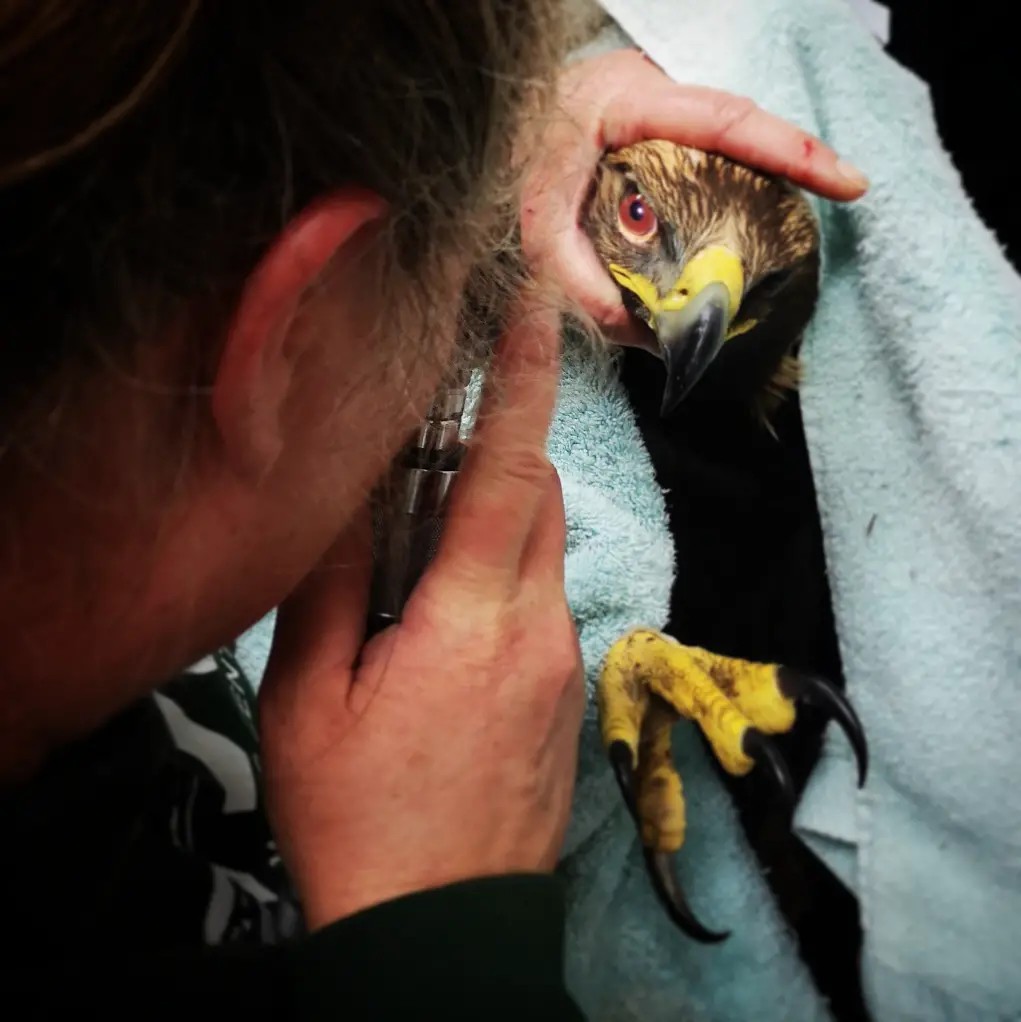Our Mission
To help all wildlife when injured or orphaned. To restore them to a physical condition where they can survive back in the wild. To help create a positive relationship between our community and it's wild inhabitants.
Our Mandate
1.To help injured and orphaned birds and animals and rehabilitate and release them back to the wild.
2. To help solve wildlife conflict issues.
3. To educate the public and school children about living in harmony with wildlife.
About Us
Sandy Pines Wildlife Centre has been in operation since 1994. The Mandate of the facility is to help all injured and orphaned wildlife (including mammals, birds, reptiles/amphibians) and release them back into the wild. We also give advice and assistance to property owners who are having problems with their wild animal neighbours and can offer humane alternatives to solve these conflicts. We work closely with veterinarians and Humane Societies across Ontario.
Founder and President Sue Meech is licensed provincially by the Ministry of Natural Resources and federally by Canadian Wildlife Services to provide care and shelter for animal wildlife.
Every year approx. 5000 mammals, birds, amphibians and reptiles are admitted to the Centre, and most were released successfully. When animals are admitted, they receive a physical examination to determine what injury has occurred and their health status. We then decide on a course of treatment based on medication, nutrition, and proper environment. Their length of stay depends on the complexity of the treatment and can range from a few days to several months. Orphaned wildlife may require extended care depending on the species, until they have learned the skills necessary to survive in the wild. A successful rehabilitation results in the release of the animal, in the area where it was originally found.
We have about 200 volunteers who help in many ways; patient care, housekeeping, cage maintenance, transportation needs, and with fund-raising.
Please note that we cannot provide tours of the Centre or show any wildlife, for the well-being of the animals.
All wildlife are stressed while in captivity. The physiological response to this stress often includes refusal to eat or drink, decreased recovery time and even death. The less stress a patient receives the quicker it can recover and return to the wild. Human interactions with patients are only done for their daily care and medical procedures; we don’t provide tours.



